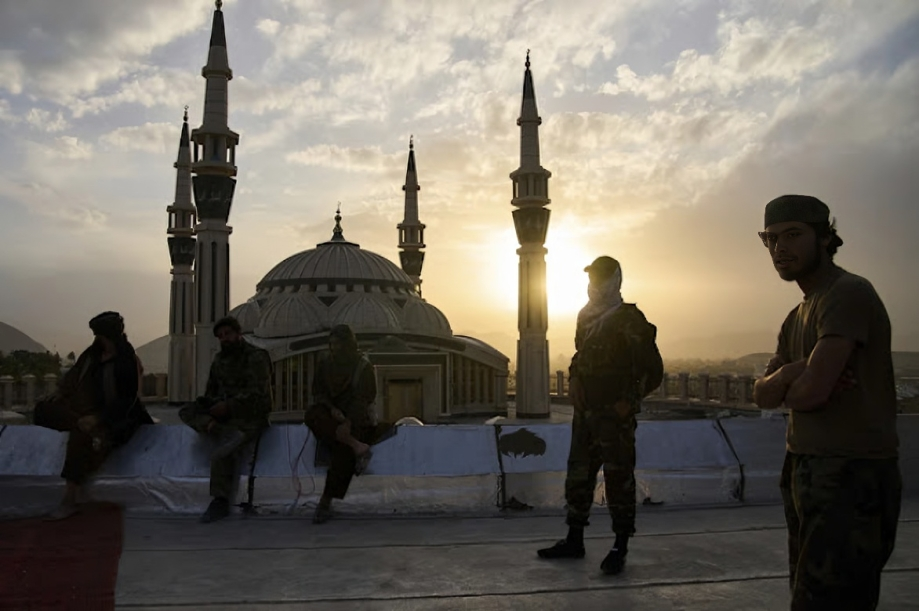UN Afghanistan Taliban resolution was adopted Monday by the UN General Assembly, urging Afghanistan’s Taliban rulers to end their worsening oppression of women and girls and to eliminate all terrorist groups operating within the country. The resolution passed with 116 votes in favor, while only the United States and Israel opposed it, and 12 nations abstained, including China, Russia, India, and Iran.
Though the UN Afghanistan Taliban resolution is not legally binding, it represents a powerful message from the global community regarding the deteriorating human rights situation in Afghanistan under Taliban rule.
Resolution Targets Oppression of Women and Girls
One of the main demands of the UN Afghanistan Taliban resolution is the immediate reversal of the Taliban’s restrictions on women’s rights and girls’ education. Since reclaiming power in 2021, the Taliban have banned girls from secondary school, prohibited women from most public spaces, and enforced strict limitations on female employment.
Germany’s UN Ambassador Antje Leendertse, the resolution’s sponsor, emphasized that the UN Afghanistan Taliban resolution sends a signal of support to Afghan mothers struggling through poverty and to millions of women and girls who have been essentially imprisoned in their homes.
She stressed the world must not forget the victims of both gender-based repression and terrorist violence in Afghanistan.
US Criticism of the Resolution
The United States strongly objected to the UN Afghanistan Taliban resolution, with U.S. minister-counselor Jonathan Shrier stating that it effectively rewards the Taliban for their non-compliance. He argued that the international community should not provide further resources and engagement without meaningful reforms by the Taliban.
“For decades we supported Afghanistan with time, money, and American lives,” Shrier said. “It’s time for the Taliban to step up. The U.S. will not enable their behavior.” The UN Afghanistan Taliban resolution also expressed gratitude to countries hosting Afghan refugees, especially Iran and Pakistan — a point the U.S. also criticized, accusing Iran of human rights violations against Afghans.
Terrorism & Security Still a Concern
While the UN Afghanistan Taliban resolution acknowledges some improvements in Afghanistan’s security situation, it expresses deep concern about the continued threat from terrorist organizations, including al-Qaida and Islamic State affiliates.
The resolution urges the Taliban to dismantle and eliminate all terrorist groups operating within Afghan territory without favoritism or discrimination. This call for non-selective counterterrorism efforts is a key pillar of the UN Afghanistan Taliban resolution.
Economic Crisis and Humanitarian Needs
The UN Afghanistan Taliban resolution also emphasizes the need for economic recovery and humanitarian relief. Afghanistan remains in a dire economic crisis, and the resolution calls upon international donors to step up and address the suffering of millions of Afghans.
Although the Taliban’s restrictions have led to international isolation, the resolution recognizes the urgency of restoring development and prosperity to prevent further deterioration in living conditions.
UN Coordination and Future Engagement
To enhance international efforts, the UN Afghanistan Taliban resolution encourages UN Secretary-General António Guterres to appoint a coordinator. This role would help ensure a more structured and coherent strategy for engaging with the Afghan situation.
With the global spotlight now on the Taliban, the UN Afghanistan Taliban resolution serves as a reminder that international attention to Afghanistan’s crisis is far from over — and expectations remain high. (AP)
Trump Netanyahu Iran Strikes Praised in Victory Dinner


